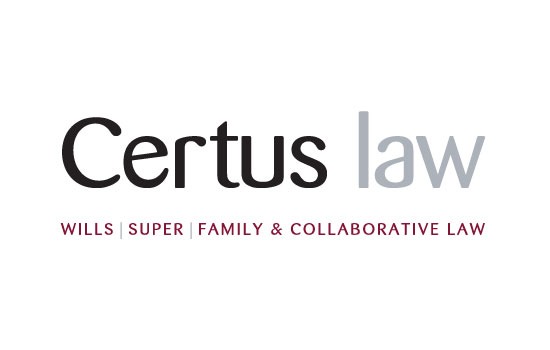
It is early days yet and of course there is no certainty that the Labor Government’s changes will pass Parliament (and who knows whether the Liberals will roll them back any way if they win the coming election).However, here are a few thoughts on the effect of the proposals on Estate Planning if the amendments pass.
It is proposed that where a superannuation fund has income over$100,000 in an income year from property supporting an income stream, a tax of 15% will apply to amounts in excess of the $100,000. The threshold amount is per individual. The government asserts that this will only impact on funds where the investments exceed $2,000,000 on the assumption that the fund has returns of 5%. But it also applies to capital gains.
Some points to note. First, it should be noted that the tax applies to income of the fund, not to income of the members of the fund.
Second, the changes are particularly important for members ofSMSFs. SMSFs often have “lumpy” investments such as real estate. It iscommon to wait until pension phase after 60 before selling real estate to fund an account based pension as the sale would be CGT exempt, rather than CGT of 10% (where it is held for more than a year) as is the case before age 60. Take the following scenario:
John Doe has a member entitlement in an SMSF of $800,000. On5% annual returns this would provide a pension of $40,000 per annum without touching the capital. If the bulk of the SMSF was made up of a commercial property worth $700,000 with a cost base of $200,000 and the remaining investments earned $5,000 per annum, he would need to make the following choice before retirement:
1. Sell the property before retirement resulting in a CGT liability of$50,000. His pension income in retirement would then be $37,500 perannum; or
2. Sell the property after retirement. The sale would result in income over the $100,000 threshold in that year with tax of $60,750. His pension income in retirement would then be $36,962.
The decision would largely depend on the capital gain in comparison to the pre and post retirement tax rates as well as other income realisedby the fund. Strategic advice will be important.
If a member dies, their adult non-dependent death benefit nominees are liable to tax on the taxable component of 16.5% (including the medicare levy). The death benefits have to be paid as a lump sum. The sale of investment property which results in a capital gain over $100,000attracts tax of 15% and the payment of the death benefit on the taxable component attracts tax of 16.5%. This makes the tax rate on amounts over the threshold and effective rate of 31.5%.
Estate planning and superannuation just became more complex.

Stephen Bourke is a director in the boutique firm, Certus Law, specialising in superannuation, trusts and estate planning. He also consults to other practitioners through the consulting practice, SuperSplitting. Level 5, 28 University Avenue T: 6268 9090 www.certuslaw.com.au

